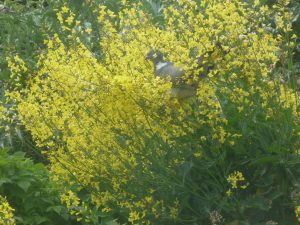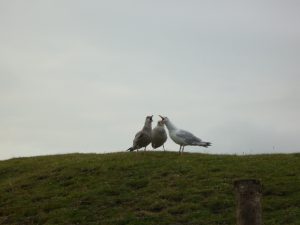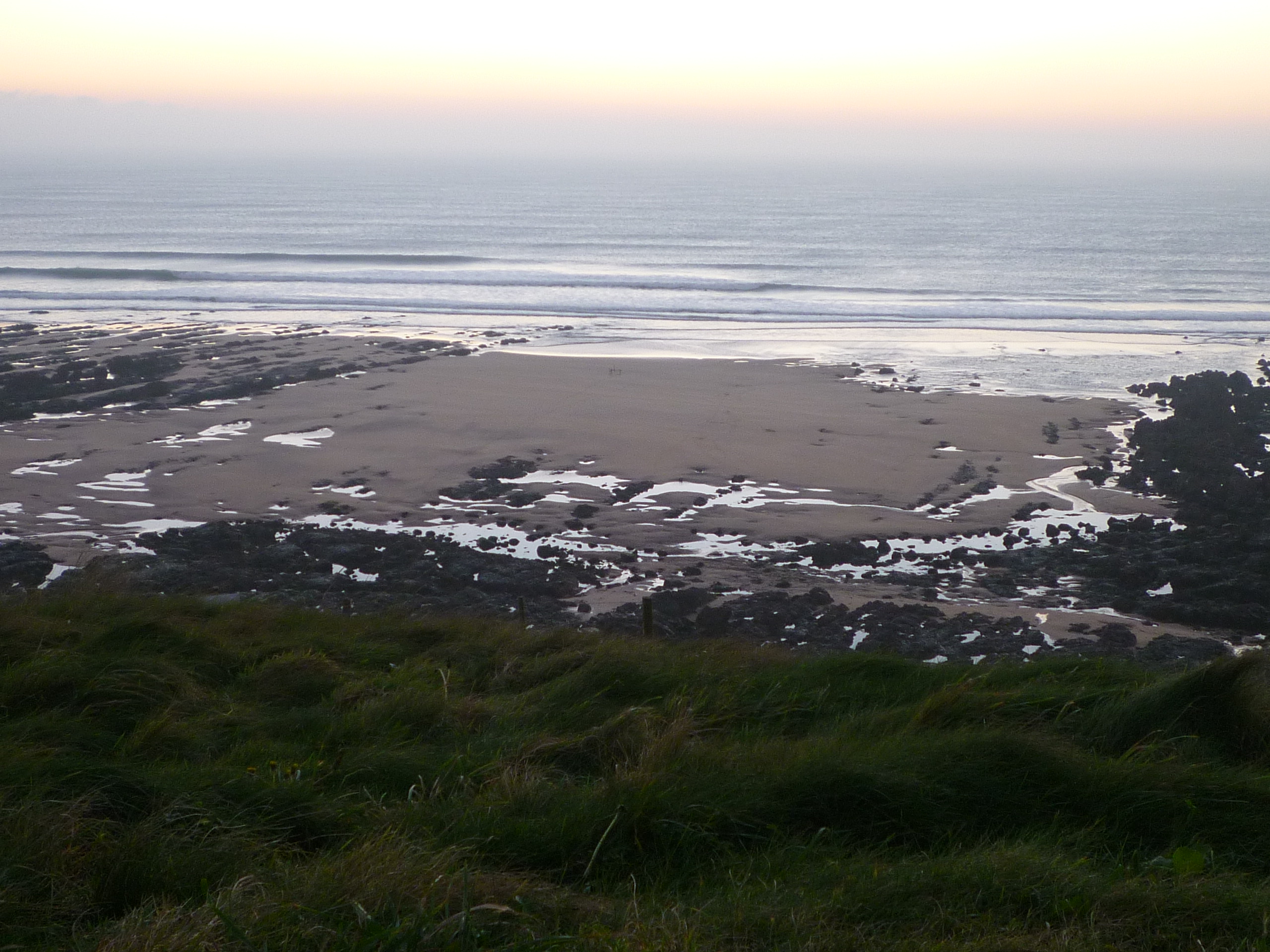As Spring takes hold we take pleasure in our garden birds.
GARDEN BIRDS March to April 2022 (adapted from Bird Life April 2013)
After gales and lashing rain
Our garden soaks in weak Spring sun
And birds return to sing again
The mating rituals begun
Two mistles flutter in the elms
Their chirring calls clearly resound
And we hear the song thrush call
From early dawn to late night’s fall
The jays foray and scare away
The smaller birds from far around
They fill the air with rasping squawks
And swagger through the garden walks
There’s squabbling in the hedges
Those noisy sparrow spivs
Chirping under roof eaves
Where the family lives
Blue and great tits lustfully chase
Among the bramble tangles
The blackbirds swoop to scold each other
Through thickening garden cover
The modest dunnock and the darting wren
Move through the grassy bank
Searching rockery and under shrubs
Gorging on unseeable grubs
Jackdaws stalk below the feeders
Strutting and searching the beds
Clearing up any wasted seed
That falls from above their heads
The portly pigeons can be seen
Feeding on the brassica green
And balancing on the ivy hedge
Crashing about on their leafy ledge
High in the sky the predators wait
Sparrow and goshawk, a lone red kite
And, rarely now, the silent owl
Hunts for prey in the gathering night
Ever since I met my hubby Pete, birds have been a major part of our lives. Our first date (circa 1966), for which I had made a great effort to appear ‘trendy’; mini skirt, high boots and plenty of make up, was actually spent crawling through the undergrowth of Richmond Great Park, in search of a green woodpecker; a rare ‘twitcher’ sighting, much craved by the ardent birdwatcher; of which my future husband was one.
His childhood would, probably, be regarded as a dangerous aberration by the norms of today. He was an only child who was allowed to do his own thing on many fronts; lone fishing at night on the Thames. If he caught something he would rush home to put it in the bath; to be found by parents in the morning.
But, the most obvious difference to today’s childhood experiences, was his introduction to a lifelong love of our avian friends. There was an older man who lived up the road; well off and bird crazy. He infected Pete with the same addiction, and they would regularly take off to bird sightings all over England; to Norfolk for bird ringing sprees, the Severn estuary, Slimbridge, Cley next the Sea, the Brecklands, the Bedfordshire levels; crouched in cramped hides regarding reported sightings. They would stay in various b&bs or pub accommodation, in the same room, with Pete parked on a truckle bed with his mentor in the main.
Nowadays, social media would probably jump to the conclusion that the older man had paedophile intentions. Nothing could be further from the truth. All forays were completely innocent quests after more bird sightings to be ticked off in the notebook. Pete was quite disgruntled that he was not included in one trip to the Coto Donana, in the province of Huelva, a national park in Spain, to view many Iberian raptors, including the golden eagle.
Pete doesn’t remember his parents being at all concerned at his absences from home; in the company of a man they hardly knew. I suspect if the same scenario happened today, Social Services would be involved!
That childhood history probably had a big influence to our married life being lived in Wales; home of wild life and wonderful sightings and sounds; of curlew flocks on the Preseli hills, choughs swooping and keening along Welsh coastal cliffs, where peregrines perch and tear at their prey; lapwings on coastal fields, noisy rookeries, swallows arriving in early summer, to build their little mud nests in safe barn roosts, yellowhammers, with their distinctive call, on wire fences along the coastal path, opportunistic gulls overseeing the chances of beach based food sources; and so many more avian events. Sadly, nearly all the aforementioned species have suffered rapid declines in their number; due to the usual human inputs; poisoning, loss of habitat, shortage of insect and other food sources.
We are so lucky to be able to sit in our garden, which has minimal human interaction, observing robins, wrens, blackbirds, sparrows, tits, wagtails, pigeons and chaffinch; and listening to the Spring songs of blackcaps, chiffchaffs, whitethroats, in the trees all around. But we remember, with sadness, the once verdant fields between us and the sea, which used to be bright with varied flora; but now are bare of any native ‘weeds’, having been ’round upped’ to the point of the extinction of all flora other than the monoculture of the farming policy of today.
As climate change becomes more and more obvious as the biggest challenge to human living, I still have hopes that, at least in Wales, we will change our ways, before it is too late.
